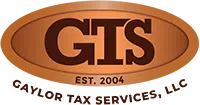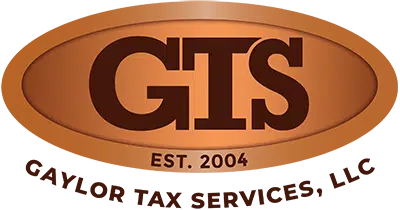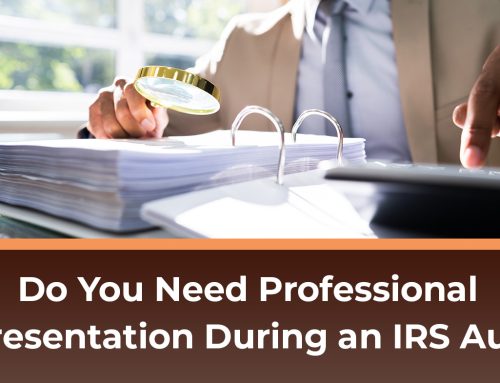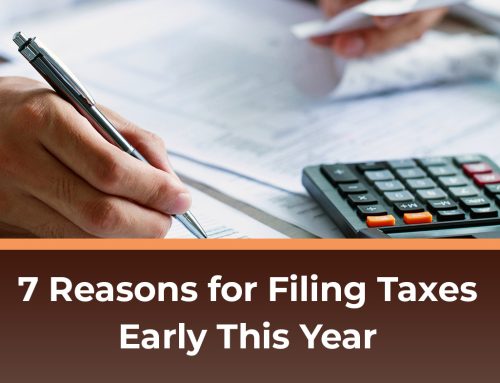If you’re looking for professional help with your taxes, you might come across the terms enrolled agent or certified public accountant. The big question about these professionals: what’s the difference between them? Here’s a look at what these experts do and what makes them different.
What is an Enrolled Agent?
An enrolled agent (EA) is a tax professional that is federally authorized to represent taxpayers before the IRS, provide tax advice, and file returns for individuals and businesses. They are the only taxpayer representatives who receive their unlimited rights to practice from the federal government. This means if a company or individual needs to file in more than one state and ever needs representation before the state in an audit, an enrolled agent can do both.
An enrolled agent also possesses a vast amount of knowledge on all things tax related. Whether you require info about income tax, tax returns, tax planning, or IRS representation, an EA will be up to date on tax laws and will be there to help you with tax-related matters.
In order to become an EA, you must pass a three-part IRS-administered test, as well as complete at least 72 hours of continuing education every three years. Many EAs are also members of the National Association of Enrolled Agents, an association that has even higher standards for continuing education, as well as its own Code of Ethics.
What is a CPA?
CPAs, or certified public accountants, are state-licensed accounting professionals who may be licensed to carry the duties of:
- Accountant
- Auditor
- Financial planner
- Tax consultant
- Individual and business consultant
Since they have a flexible and expansive repertoire, they can be a go-to if you’re looking for a broad scope of expertise.
To become a CPA, you must clear the four parts of the CPA exam administered by the AIPCA. The exam is the same no matter which state it’s taken in, but every state has its own experience and education requirements. Most require a bachelor’s degree and at least two years of public accounting experience.
So…What’s the Difference?
Overall, the most significant difference between CPAs and EAs is their area of focus. An enrolled agent is going to focus on tax code. Their work is to advise individuals and businesses on their taxes and go through steps of helping them plan as well as prepare and file their taxes. CPAs deal with a significantly broader scope of issues. CPAs are a kind of “jack of all trades” when it comes to the world of accounting. So while EAs drill down into tax law and preparation, they aren’t concerned with accounting in general so much as they are with taxes in particular. CPAs, on the other hand, have to develop an understanding of accounting, not just tax preparation.
Who’s the Best to Go with: EA or CPA?
This question pops up a lot: “who is the best to hire, an enrolled agent or CPA?” And there’s no one answer because not only are EAs and CPAs different but what each individual or business needs done will vary.
If you need financial advice, a CPA is a great choice. A CPA will be able to address concerns and assist you with accounting questions and personal finance concerns. Working with the same person to handle these issues and file your taxes can be advantageous.
If you’re looking for a tax professional to handle planning and preparing, an enrolled agent will be for you. One of the advantages of working with an EA is the fact they’re licensed to practice in every US state. So if you need to file in multiple states, an EA will be better than a CPA (who may only be licensed in one state). If you’re involved in an audit or tax-related dispute with the IRS, hiring an EA can be a smart choice as they have experience with tax authorities and can help guide you.
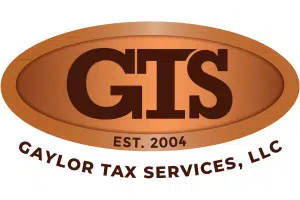
With Gaylor Tax Services, you know you’re in good hands.
Let Gaylor be Your Strategic Tax Matters Advisor
If you’re looking for an enrolled agent to help you with your tax matters, Gaylor Tax Services is here to assist you. The owner, Matthew Gaylor is an enrolled agent, as well as a member of the National Association of Enrolled Agents. Whether you need tax planning services, IRS representation, or trust and estate planning, you know you’ll be in good hands with us. We are located in Phoenix, Arizona but can assist you anywhere in the state.
